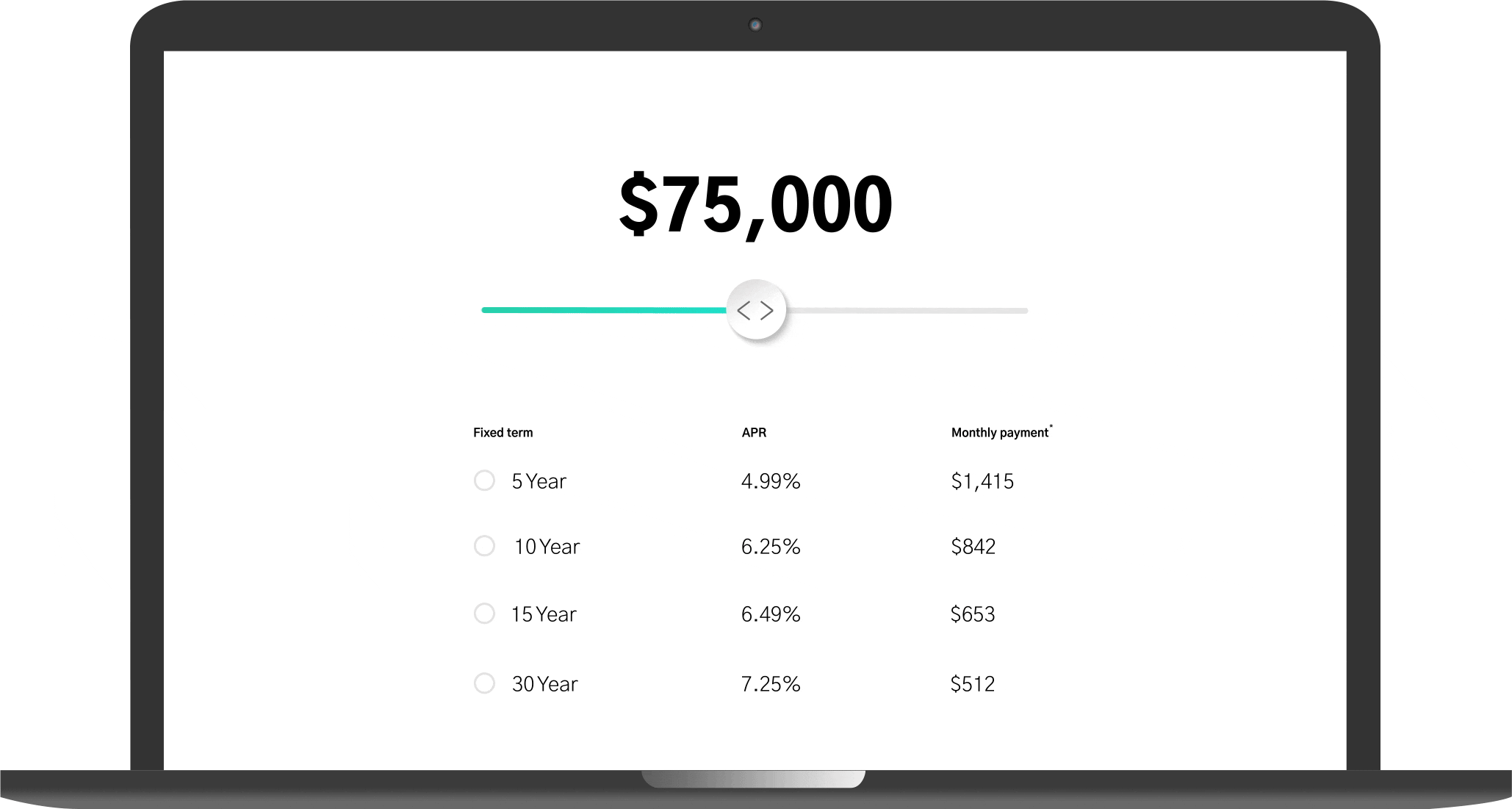Table of Content
You can prepare the tax return yourself, see if you qualify for free tax preparation, or hire a tax professional to prepare your return. Don determines that the proceeds of mortgage A are allocable to personal expenses for the entire year. The proceeds of mortgage B are allocable to his business for the entire year. Don paid $14,000 of interest on mortgage A and $16,000 of interest on mortgage B.
The Balance uses only high-quality sources, including peer-reviewed studies, to support the facts within our articles. Read our editorial process to learn more about how we fact-check and keep our content accurate, reliable, and trustworthy. The debt was taken out after December 16, 2017 and was used to buy, build, or improve your home, and the total amount of debt throughout 2019 was $750,000 or less. The debt was taken out after October 13, 1987 but before December 16, 2017 and was used to buy, build, or improve your home, and the total amount of debt throughout 2019 was $1 million or less. Founded in 1976, Bankrate has a long track record of helping people make smart financial choices.
Which is a better option for me – a home equity loan or home equity line of credit?
We may also receive compensation if you click on certain links posted on our site. While compensation arrangements may affect the order, position or placement of product information, it doesn't influence our assessment of those products. Please don't interpret the order in which products appear on our Site as any endorsement or recommendation from us.
LTV benchmarks typically limit loans to 80%A fin of the home’s appraised value. As of 2017, the rules around deducting interest on home equity loans have changed — and may change again in 2026. You may only deduct interest on $750,000 of qualified residence loans, or the limit is $375,000 for a married taxpayer filing a separate return, according to the IRS. Taking out a home equity loan or a HELOC just to deduct the interest on your taxes was never the best decision, and tax changes make it even less practical. Note that $750,000 is the total new limit for deductions on all residential debt. If you have a mortgage and home equity debt, what you owe on the mortgage will also come under the $750,000 limit—if it’s a new mortgage.
What's the difference between a home equity loan and a home equity line of credit?
Instead, deduct the remaining balance over the term of the new loan. Bill also deducts the ratable part of the remaining $1,500 ($2,000 − $500) that must be spread over the life of the loan. The total amount Bill deducts in 2022 is $550 ($500 + $50).

That includes the outstanding balance from a first mortgage plus the additional requested funds. However, you got that deduction no matter how you used the loan—to pay off credit card debt or cover college costs, for example. HELOC interest can be tax deductible if it meets the IRS guidelines. This means the loans must not exceed the stated loan limits, and you must prove you used the funds to buy, build, or improve a home.
Claiming a home equity loan interest deduction
The $1 million cap applies for mortgages obtained before that date. You can usually deduct at least part of the interest if your balance exceeds this amount. If you’re on the fence about a home remodel, you’ll be happy to know that you can still deduct the interest you pay on home equity loans that are used to pay for certain home improvements. In the past, borrowers were allowed to deduct interest paid up to $100,000 for home equity loans and HELOCs, regardless of how they used the money.

Because reverse mortgages are considered loan advances and not income, the amount you receive isn't taxable. Generally, any interest accrued on a reverse mortgage is considered interest on home equity debt and isn’t deductible. Don’t include these mortgage assistance payments in your income. Also, don't use these payments to reduce other deductions, such as real estate taxes. For you to take a home mortgage interest deduction, your debt must be secured by a qualified home. A home includes a house, condominium, cooperative, mobile home, house trailer, boat, or similar property that has sleeping, cooking, and toilet facilities.
Is Home Equity Line Of Credit Interest Tax Deductible
For example, say the balance on your first mortgage is $700,000, and you take out a $100,000 home equity line of credit to remodel your kitchen. In that case, you could deduct all the interest from your first mortgage, but only half of the interest paid on your HELOC. The rest would be nondeductible because your total indebtedness exceeds the $750,000 cap. To benefit from the deduction, you have to itemize deductions.
The IRS doesn’t initiate contact with taxpayers by email, text messages , telephone calls, or social media channels to request or verify personal or financial information. This includes requests for personal identification numbers , passwords, or similar information for credit cards, banks, or other financial accounts. In 2023, Sharon's January through October principal payments on her second mortgage are applied to the home equity debt, reducing it to zero.
However, if you use the proceeds of the loan for what the IRS deems to be "substantial improvements" to your home, and meet other criteria, home equity loan interest may still be deductible to an extent. Let’s say you took out a home equity loan in 2022 of $200,000. Half of that loan went toward credit card debt consolidation, while the other half went toward the construction of a new home office. In this scenario, any interest you paid on the $100,000 used for your home renovation would be tax-deductible, but the interest you paid on the $100,000 used for debt consolidation would not be.
We’re always happy to help you get started with the application process or give you more information about your loan options. When you take out a home equity loan, you are borrowing against the value of your home. That means that if you default on the loan, the lender has the right to foreclose and sell the home to recoup their loss. For more information on home equity loans and how they work in Texas, we’ve compiled a list of resources and answers to some of the most common questions we get about home equity loans. We explain the difference between secured and unsecured loans. Understand how your home equity financing will affect your taxes and whether you may qualify for any tax advantages.
If the loan is a home equity, line of credit, or credit card loan and the proceeds from the loan are not used to buy, build, or substantially improve the home, the points are not deductible. You can deduct home mortgage interest on the first $750,000 ($375,000 if married filing separately) of indebtedness. However, higher limitations ($1 million ($500,000 if married filing separately)) apply if you are deducting mortgage interest from indebtedness incurred before December 16, 2017.
Before you sign on the dotted line, however, make sure you understand the basics of home equity and what's right for your needs. The IRS lumps HELOCs and mortgages together when it comes to determining whether you’re able to deduct the interest from these loans. If you’ve paid off your mortgage, then you’re still able to deduct your HELOC interest as long as you meet the other requirements, such as only using the funds for home upgrades. Lenders set their HELOC rates based on something called the prime rate, which is what banks and other financial institutions use for creditworthy borrowers taking out loans and lines of credit. The prime rate is in turn based on the federal funds rate, which is set by the Federal Reserve.
Is the Interest on My Home Equity Loan Tax Deductible?
So before taking on any home equity debt — for any purpose, tax-deductible or not — consider when you can afford to make the payments. Likewise, if you need to borrow money for another reason, such as refinancing home renovations, a HELOC may be much less expensive than other borrowing options, such as a personal loan or credit card. Before the Tax Cuts and Jobs Act of 2017, homeowners had a lot more flexibility when deducting interest from a home equity loan.

The total amount you can treat as home acquisition debt on your main home and second home is limited based on when the debt is secured. Home acquisition debt is a mortgage you took out after October 13, 1987, to buy, build, or substantially improve a qualified home . Show how much of the interest each of you paid, and give the name and address of the person who received the form.

No comments:
Post a Comment